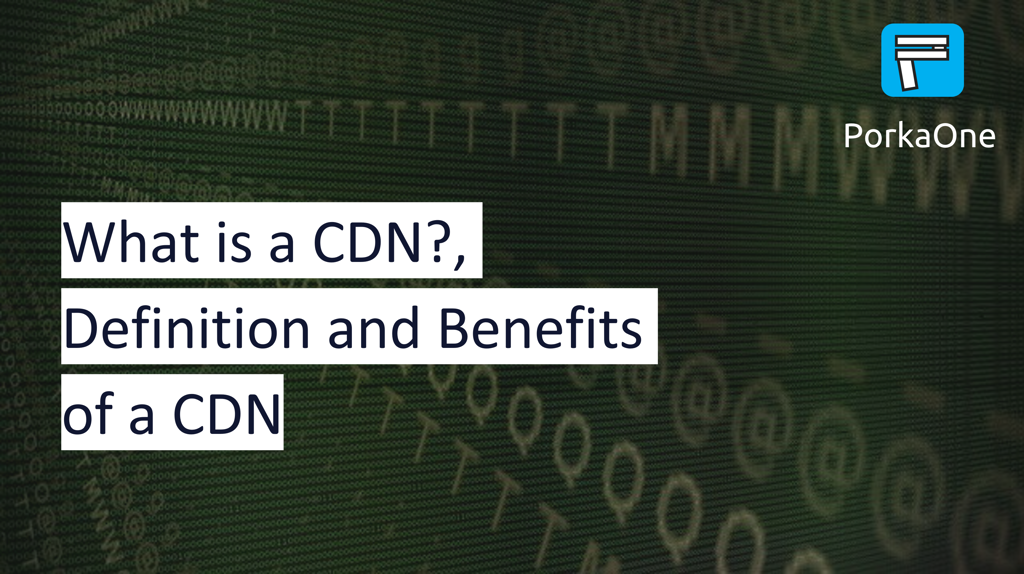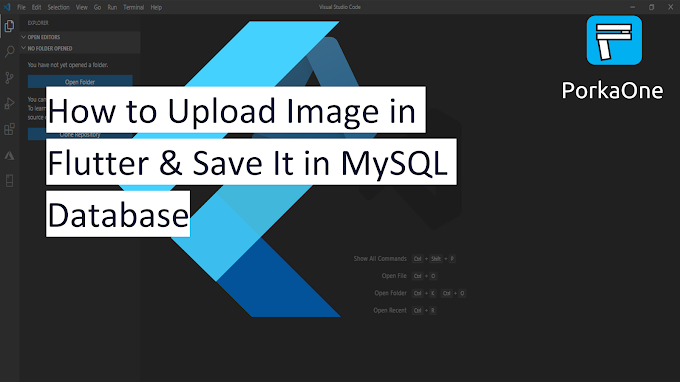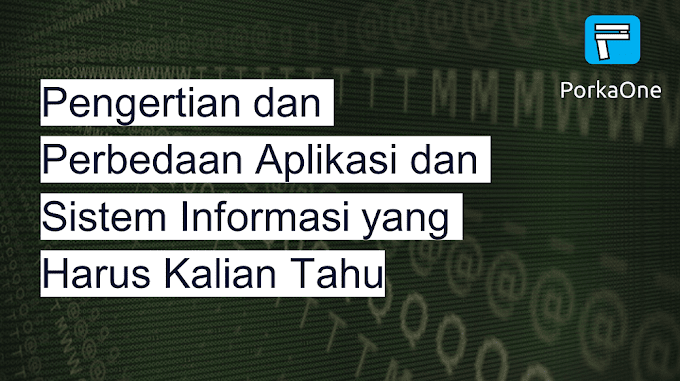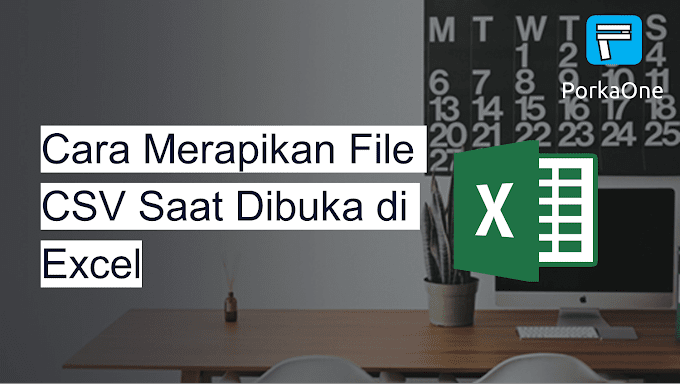Hello everyone, back at porkaone. On this occasion, we will get to know what a CDN (content delivery network) is and what its benefits are. Come on, follow the discussion below!
What is CDN
CDN stands for content delivery network. That is a group of servers spread all over the world. This server serves to send content from the origin server to the destination quickly. So, for example, you are currently in Indonesia and want to access a website from Russia. Without CDN assistance, the delivery of content from abroad to Indonesia will take longer, and sometimes the requested content request ends in failure or a timeout.
The presence of a CDN can solve this problem. Where the nearest server will help provide the data requested by the user, so that page load or website performance can be maintained. In general, CDN services are paid, but you can use them for free from the cloudflare service. Installing a CDN on the website that you have is also very easy, but if you use a hosting service, then ask them, they will be happy to help you.
Servers that are spread all over the world are called edge servers. Edge server does not create content, only copies content from the original site. The way it works is similar to the cache on a web browser. For an illustration of how a CDN works, you can look at the image below.

|
| How CDN work |
Have you ever used a jquery CDN or a bootstrap CDN?, that is one example of implementing a CDN. Where when we use the link, then we do not directly request data to the origin server. Instead the data will be sent to the nearest server.
When Should You Use a CDN?
CDN is better used on international scale websites, where usually the market is global or the main language of the website is English. Websites aimed only at the local market clearly don't need this. But if you want to give it a try, you can use the free CDN service from cloudflare.
In addition, website traffic can be a reference whether your website needs a CDN or not. Website traffic that is already very dense and comes from abroad is better off using a CDN. Because this is an investment to provide users with better trust and convenience.
CDN Benefits
Just using a VPS or dedicated server does not necessarily solve the problem of geographical distance. Feeling that the website we have is stable, that's because we usually only do testing with a server close to us. CDN has several other benefits, apart from the ones I mentioned above. You can use these benefits as a reference and consideration to keep your website safe with stable performance.
1. Speed up Website Load
As I explained above. The presence of a CDN is indeed to increase the speed of loading website pages. Where everyone from all over the world will receive data from the nearest server. For example, if we want to access a website from Russia, maybe a server from Singapore will help deliver content to Indonesia, so that the page load speed can be maintained.
2. Improve Security
When using a CDN service, traffic or traffic will be charged to the CDN server to the nearest accesser, so they no longer use the origin server. So if it is attacked, the CDN server will be attacked first. Any attacks such as DDos and the like will be mitigated directly by the CDN server. CDN servers have an SSL certificate so that all traffic is encrypted, plus nowadays many CDN servers have additional security such as hotlink protection and secure tokens.
3. More Cost Saving
Rent a VPS or buy a server is not cheap. By using CDN services, all management, maintenance and redevelopment costs can be overcome. And most importantly, by using a CDN you don't need to upgrade your hosting to a bigger package, because all traffic and the increase will be shared between the CDN server and the origin server.
So the discussion this time about the meaning and benefits of CDN. Hopefully this tutorial is useful, if you have any questions, please leave your message in the comments column below. See you in other interesting articles and tutorials from porkaone.







0 Comments
Come on ask us and let's discuss together
Emoji